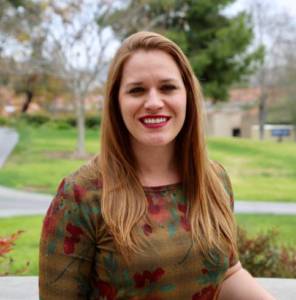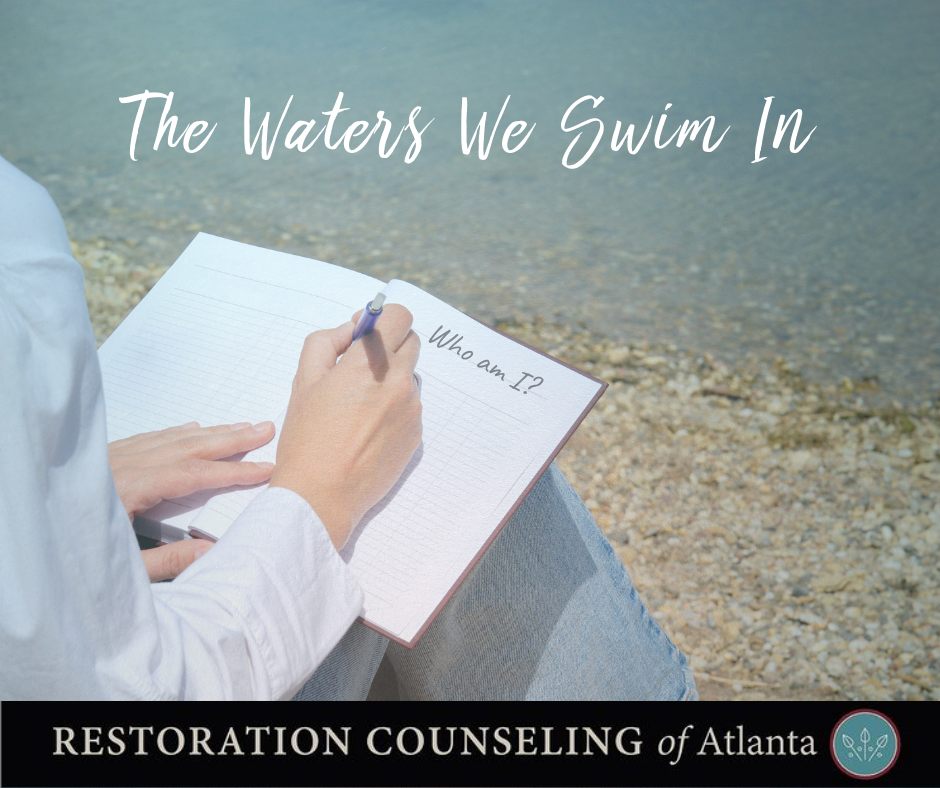Over the past year, I participated in narrative-focused trauma training at The Allender Center. The program is centered around learning to construct the narrative of our own lives as well as helping others do the same. This endeavor is valuable on many fronts. It invites us towards reality-embracing freedom that equips us with the skills needed to navigate the full range of human experience, as Paul mentions in Philippians 4. This journey invites us to face the demands of reality and allow the experience to be our teacher as we develop a learned contentment regardless of the circumstances life throws our direction.
An aspect of this process includes identifying cultural, systemic, and familial influences present in our development. The powers present in our genetics, family structures, societal norms, and more all churn and swirl around us as we form as a person. Naturally, these environments we inhabit have strengths and weaknesses. We will be equipped well in some areas, and other areas will leave gaps of yet-to-be-learned skills. A collective, whether a family, company, church, et cetera, is constructed of human beings, full of beauty and brokenness in one vessel. Acclimating to the strengths and weaknesses of our particular contexts can help us delight in the gifts provided and learn in the areas not natural to the circles we run in.
As a beginning part of this journey with the Allender Center, they invited us to create a poem along the lines of George Ella Lyon’s “Where I’m From” poem. Mrs. Lyon provides a loose template with much creative license to begin to consider putting words to the waters that formed us. Here is a small sample of her poem.
… I’m from fudge and eyeglasses,
from Imogene and Alafair.
I’m from the know-it-alls
and the pass-it-ons,
from Perk up! and Pipe down!
I’m from He restoreth my soul
with a cottonball lamb
and ten verses I can say myself.
—Excerpt from “Where I’m From” by George Ella Lyon
These words begin to bring flesh and blood to the scenes that contributed to who she is. They begin to paint a picture of the influences present in her upbringing. In her poem, Kentucky-born George Ella invites us to recall everyday items constantly donning the pantry, beloved family traditions, favorite foliage around your home, parent names, phrases you were frequently told as a child, your ancestral heritage, and more to invite each of us to piece together the elements swirling around us amidst our development. This practice encourages us to recall and name sensory-laden details that infuse life into our experience growing up and stir up memories to help get a feel for the environment around us during our most formative years.
These cultural pieces have immense influence, and we are all constantly experiencing the churning waters of the spaces and places we inhabit. We are immersed in societies that elevate particular values that inform ideologies and seep into the practices we extend approval towards. And this immersion continues throughout our entire lives, whether through the nation we live in, the work environment we spend 40+ hours in, the family system we are a part of, the church we are a member of, et cetera. It is important to begin to tune into the forces compelling us towards thinking, feeling, and behaving in particular ways.
The waters we swim in are persuasive, and we can be reluctant to relinquish control over how we function and relate in our lives. And yet, learning to identify and reclaim choice can bring healing and freedom, shifting us away from survival instincts and towards empowered human beings capable of giving and receiving love as God intended. Unraveling the influences of our unique contexts can be overwhelming and stir massive resistance, especially if cultural factors are making it dangerous to expose weakness, failings, and inadequacies. It can feel very threatening to hear feedback about missing the mark, especially when your historical waters have dealt harshly with our not-there-yet places. Additionally, this journey is not for the faint of heart as it beckons us toward our natural aversion to grief, limits, and vulnerability. And yet, the beatitudes declare these states as the markers on the path to flourishing as human beings.
As you consider participating in this journey, I invite you to make your own poem (a quick web browser search can provide instructions). I invite you to dip your toe in by remembering and reminiscing the beauty and brokenness in the waters you swam in and continue to swim in.
I invite you to consider the following questions to contemplate as you begin to name and acclimate to the realities of your particular context.
- How do you respond to new, unfamiliar, and different? Do you feel a threat of danger? Do you sense resistance or rejection internally?
- How does your culture celebrate, speak life, and delight in each other? How capable are you and others in your sphere of receiving those words of life and delight?
- How does your culture respond to failure, inadequacy, and weakness? Do you fear and avoid sharing these places? How are others treated when exposure happens?
- How do shame and self-contempt enter the picture in your culture? Where do you notice yourself turning away and hiding in your life? Where do you notice harshness and impatience with yourself?
- How does your culture navigate ruptures and repairs within relationships? Is conflict loud and chaotic, or is it subversive and indirect? What does forgiveness look like? Is the full weight of the offense acknowledged or does it feel premature?
- How is grief acknowledged in your setting? Does it include the death of a dream or daily disappointments, or does it primarily encompass severe tragedy? How much space is allotted for the grieving process?
These questions can be starting points to parse through the strong suits and weak points that may be present in your culture. I invite you to resist the urge of pride or shame based on the perceived performance of your collective. This is a natural proclivity, and yet, comparison in this endeavor is unhelpful. I encourage you toward delight and gratitude for the skills bestowed from your surroundings and employ a stance of learning around our limitations. Embracing these weak points provides an opportunity to develop the humility of knowing we all are transformed from one degree of glory to the next (II Corinthians 3:18) and banishes the shame that threatens to entangle us through hiding our areas of humanity designed to develop us into who we were created to be.

Written by: Becca Cline, LPC
Online Counseling Team
becca@restorationcounselingatl.com, ext. 156
Becca works with male and female clients who are 13 years or older. She sees couples, families, and individuals. She also works with clients dealing with various issues, including depression, anxiety, addiction, grief/loss, trauma, abuse, spiritual issues, sexuality, family of origin issues, codependency, anger, and interpersonal and relationship issues. In addition, Becca also has experience in running process groups.

